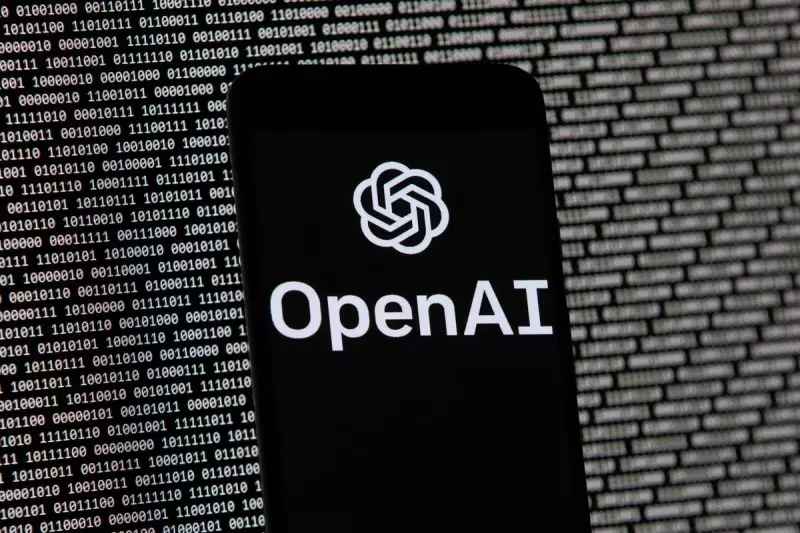
In a case that reads like science fiction, a university student's chilling conversation with an artificial intelligence chatbot has exposed dangerous new territory in digital crime prevention.
The Digital Confessional
A computer science undergraduate at an unnamed British university engaged in increasingly disturbing dialogue with an AI assistant, eventually confessing detailed plans to commit murder. The student reportedly told the chatbot: "I do have these thoughts, you are the only one I can speak to about them."
University's Swift Intervention
University authorities became aware of the situation after the student's concerning behaviour was flagged through welfare monitoring systems. The institution immediately contacted local police and initiated their own investigation into what they described as a "serious safeguarding matter."
Legal and Ethical Dilemmas
This unprecedented case raises complex questions about privacy, responsibility, and the role of AI systems in modern society. Legal experts are divided on whether such digital confessions should be treated as genuine criminal intent or protected as private thoughts.
Broader Implications for AI Safety
The incident has sparked urgent discussions among technology ethicists and law enforcement professionals about:
- The responsibility of AI developers to monitor dangerous conversations
- Legal frameworks for digital confessions and intent
- Mental health support systems in educational institutions
- Balancing privacy concerns with public safety requirements
One cybersecurity expert commented: "This case demonstrates we're entering uncharted waters where our traditional understanding of crime prevention and mental health intervention needs rapid evolution."
Ongoing Investigation
While the student hasn't been formally charged, they are receiving appropriate support and monitoring. The university continues to work closely with local authorities and mental health professionals to ensure both community safety and the individual's wellbeing.
This disturbing episode serves as a stark reminder of the complex relationship between emerging technology and human behaviour, highlighting the urgent need for updated protocols in our increasingly digital world.





